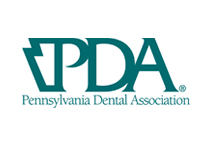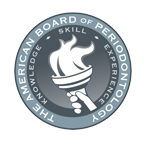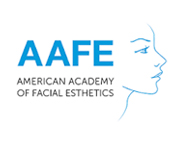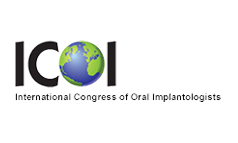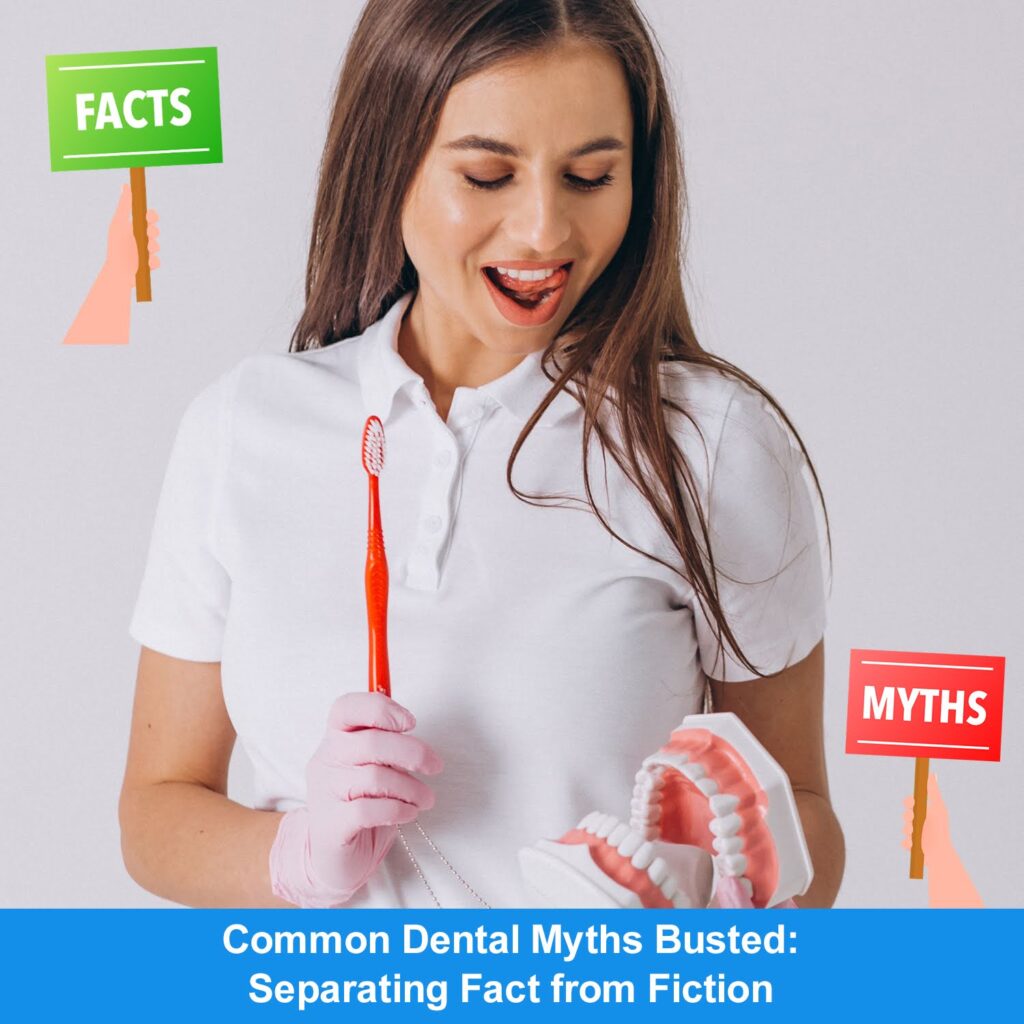
Introduction
When it comes to dental care, there’s a lot of misinformation out there. Some myths are harmless, but others can lead to poor oral health, unnecessary fears, and even costly dental procedures. Many people unknowingly follow these false beliefs, thinking they are taking good care of their teeth.
It’s time to separate fact from fiction. Let’s debunk some of the most common dental myths and explain what you should actually be doing to maintain a healthy smile. Let’s dive in!
Summary
Myth 1: Brushing Harder Cleans Your Teeth Better
Myth 2: You Don’t Need to Visit the Dentist If Your Teeth Feel Fine
Myth 3: Sugar Is the Only Cause of Cavities
Myth 4: Chewing Gum Can Replace Brushing
Myth 5: Baby Teeth Don’t Matter Since They Fall Out Anyway
Myth 6: Whitening Weakens Your Teeth
Myth 7: You Only Need to Floss If Food Gets Stuck
Myth 8: Mouthwash Can Replace Brushing and Flossing
Myth 9: Braces Are Only for Kids
Myth 1: Brushing Harder Cleans Your Teeth Better
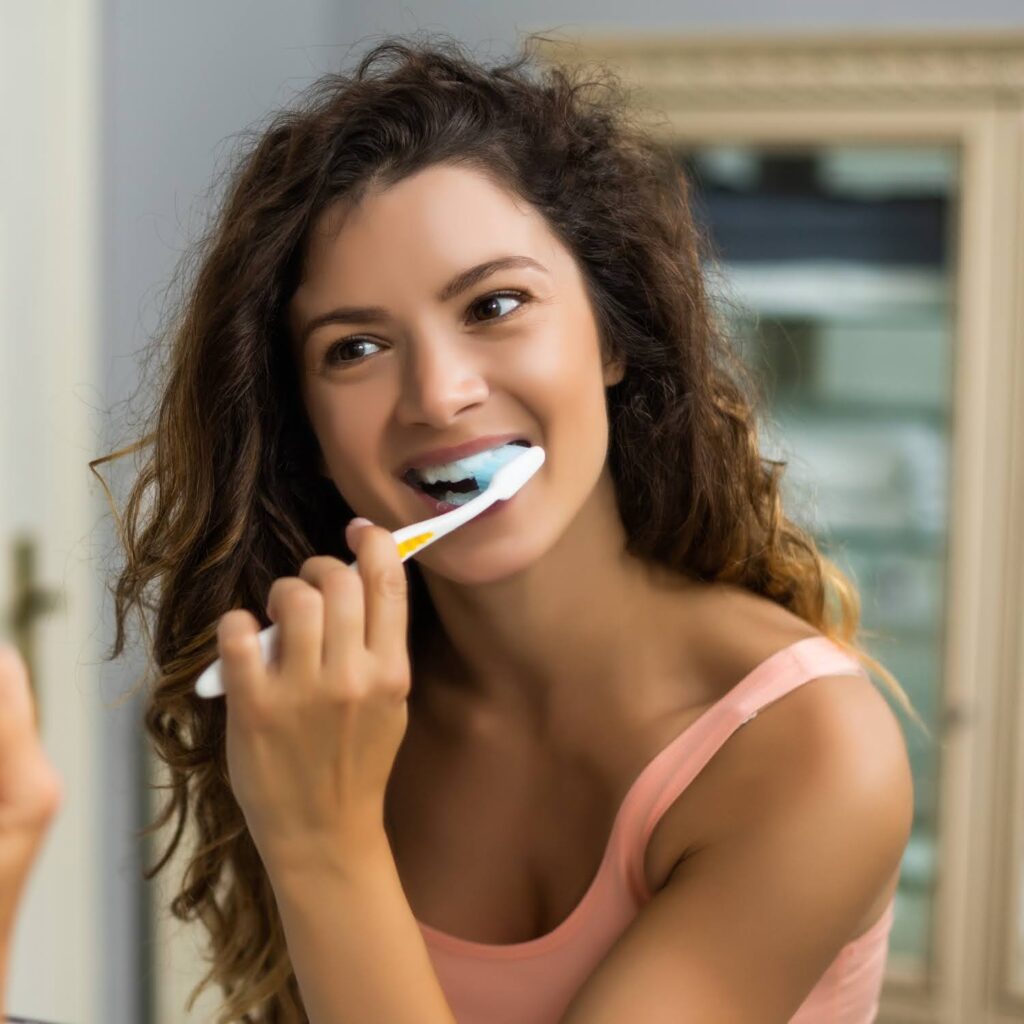
Fact: Gentle Brushing Is More Effective
Many people believe that brushing their teeth with more force will clean them better. This is completely false. Brushing too hard can actually wear down your enamel, which is the protective layer of your teeth. Once enamel is lost, it doesn’t grow back, leading to sensitivity and a higher risk of cavities.
The right way to brush is to use a soft-bristled toothbrush and gentle, circular motions. Brushing for two minutes twice a day is enough to remove plaque and food particles without damaging your teeth and gums. So, if you’ve been scrubbing too hard, it’s time to change your technique!
2. Enroll in a Dental Savings Plan
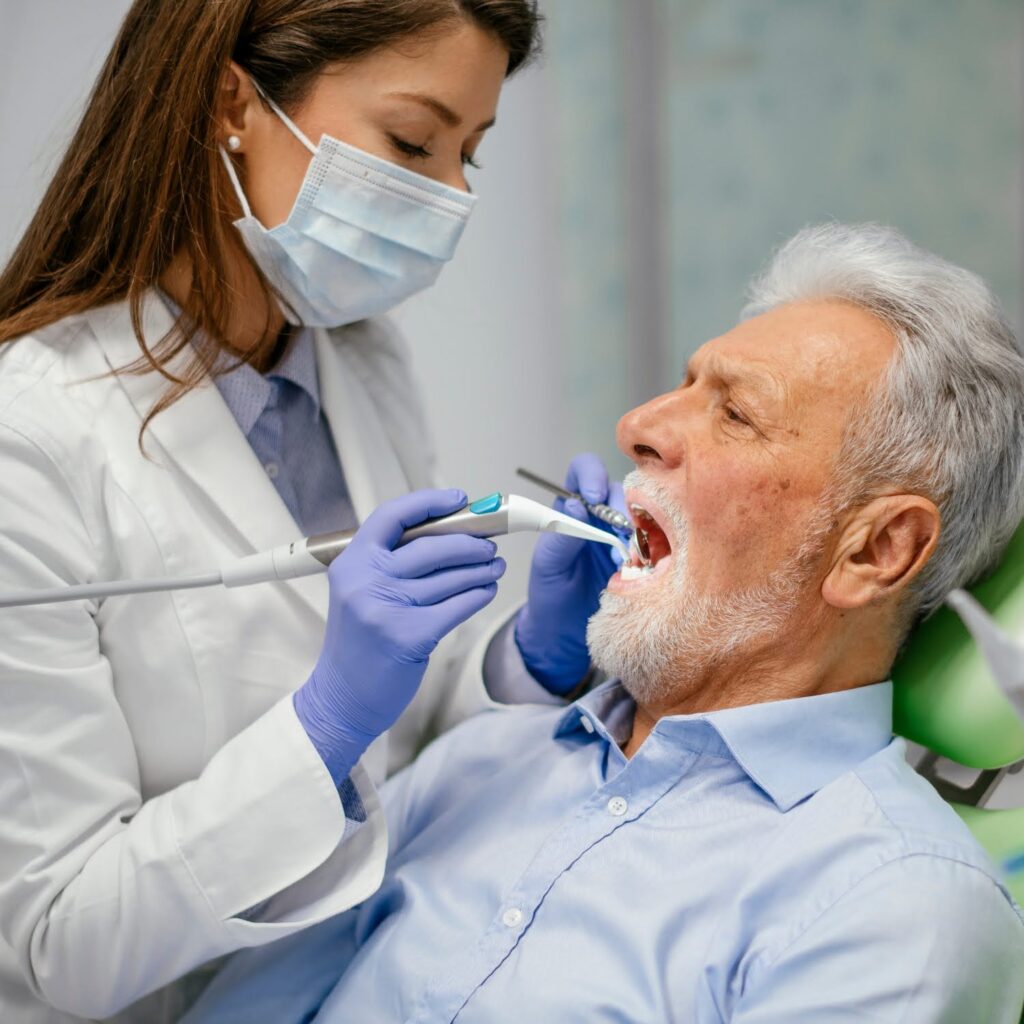
Fact: Regular Checkups Prevent Hidden Problems
Some people assume that as long as their teeth don’t hurt, they don’t need to see a dentist. However, dental issues often develop without noticeable symptoms. By the time you feel pain, the problem may have already worsened.
Regular dental visits help detect problems early, such as cavities, gum disease, and oral infections. Dentists also provide professional cleanings that remove tartar buildup, something you can’t do at home. Even if your teeth feel fine, visiting the dentist every six months is essential for long-term oral health.
Myth 3: Sugar Is the Only Cause of Cavities
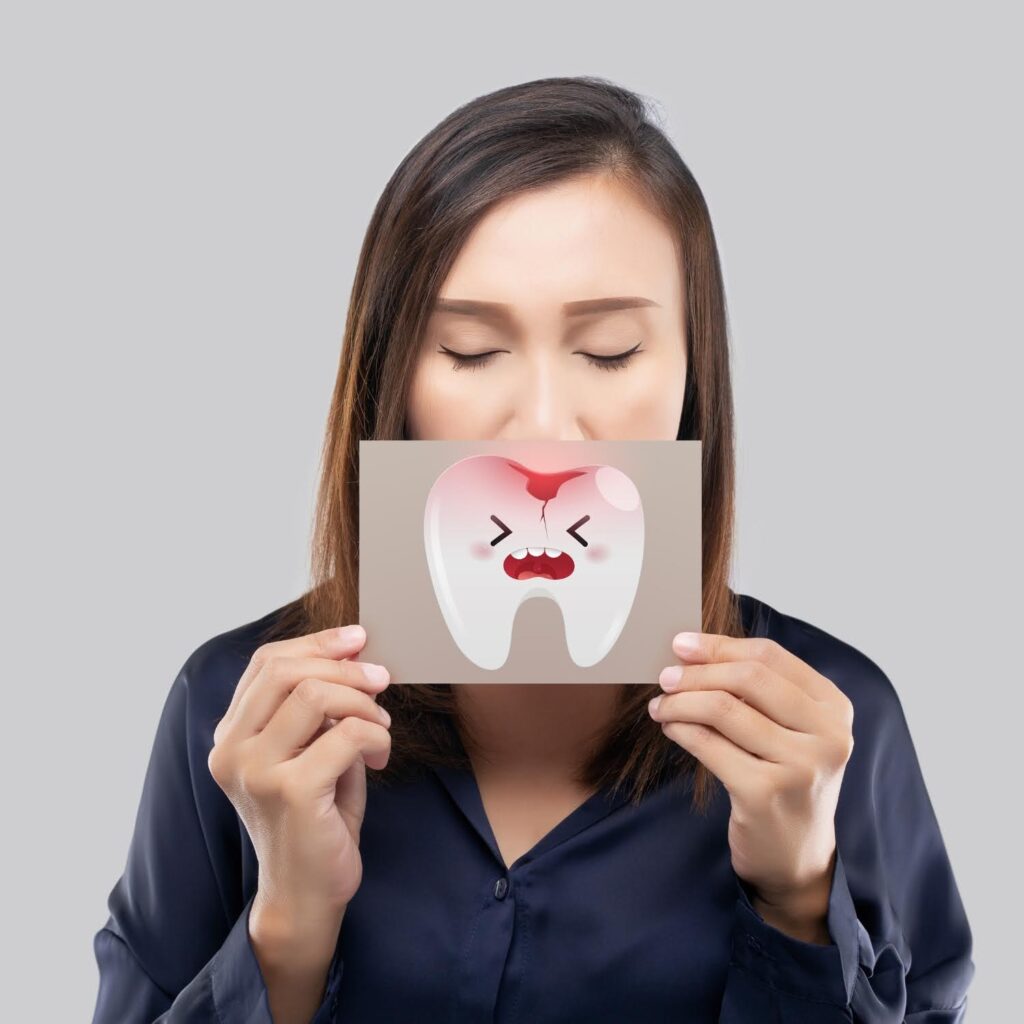
Fact: Bacteria and Poor Hygiene Are the Real Culprits
While sugar plays a role in cavity formation, it is not the direct cause. Cavities form when bacteria in your mouth break down sugar and produce acid. This acid attacks your enamel, leading to tooth decay over time.
The real issue is poor oral hygiene. If you don’t brush and floss properly, bacteria and food particles stick to your teeth, creating an ideal environment for cavities to form. Instead of just avoiding sugar, focus on brushing twice a day, flossing, and using mouthwash to keep bacteria in check.
Myth 4: Chewing Gum Can Replace Brushing
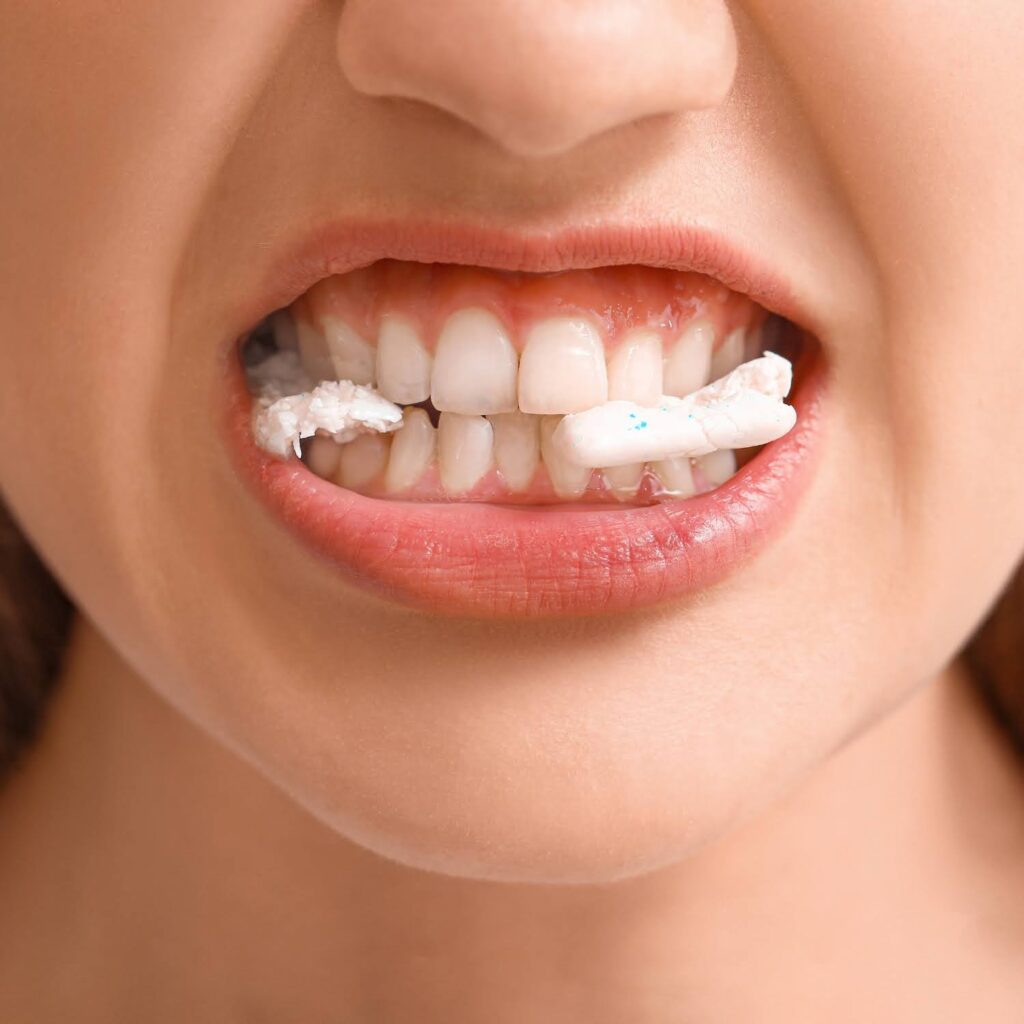
Fact: Gum Helps but Doesn’t Replace Brushing
Some people believe that chewing gum is enough to keep their teeth clean, but this is far from true. While sugar-free gum, especially those with xylitol, can help stimulate saliva and wash away food particles, it does not remove plaque and bacteria like brushing does.
Brushing physically scrubs your teeth, removing buildup that gum cannot. Flossing is also necessary to clean between teeth. While chewing gum can be a helpful addition to your oral care routine, it should never be a substitute for proper brushing and flossing.
Myth 5: Baby Teeth Don’t Matter Since They Fall Out Anyway
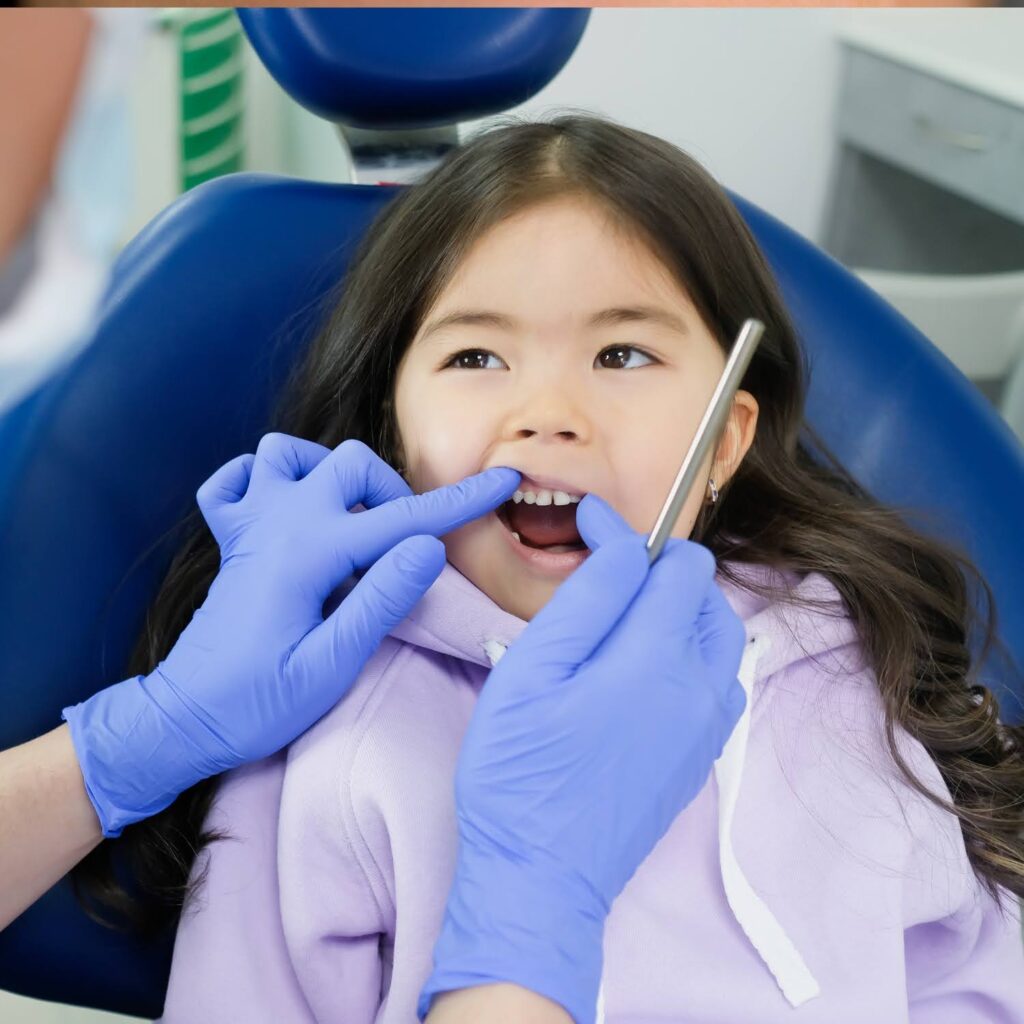
Fact: Baby Teeth Play a Vital Role in Oral Development
Many parents think that since baby teeth are temporary, they don’t need much care. However, baby teeth are crucial for chewing, speech development, and guiding permanent teeth into their correct positions.
If a child loses baby teeth too early due to decay, it can lead to misaligned permanent teeth. Teaching kids good oral hygiene habits from a young age helps set them up for a lifetime of healthy smiles. Brushing twice a day and visiting the dentist regularly should start as soon as the first tooth appears.
Myth 6: Whitening Weakens Your Teeth
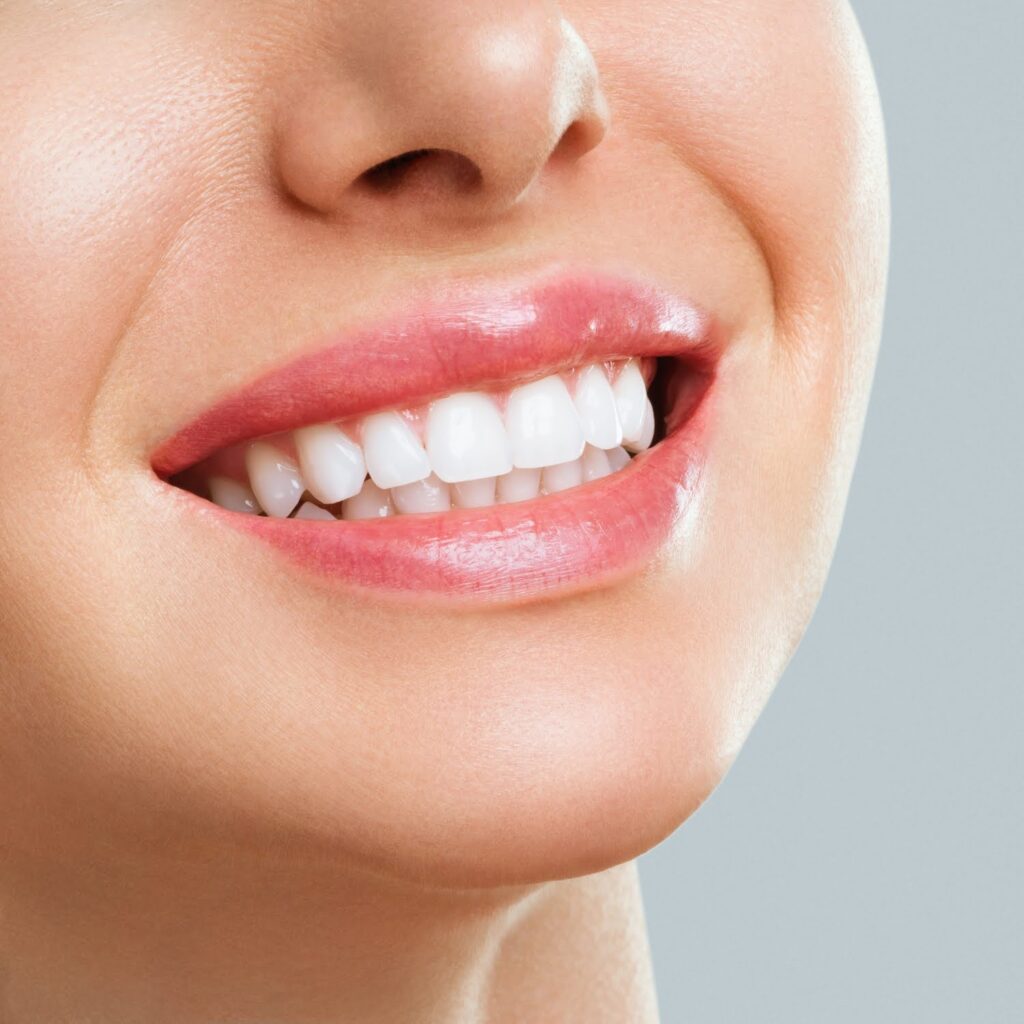
Fact: Professional Whitening Is Safe and Effective
A common concern is that teeth whitening damages enamel. While overuse of whitening products can lead to temporary sensitivity, professional whitening treatments are safe and do not weaken teeth.
Dentists use carefully controlled whitening agents that brighten your smile without causing harm. If you want to whiten your teeth, it’s best to consult your dentist instead of using over-the-counter products that may not be as safe or effective.
Myth 7: You Only Need to Floss If Food Gets Stuck

Fact: Flossing Prevents Cavities and Gum Disease
Many people skip flossing unless they feel something stuck between their teeth. However, flossing is essential for removing plaque and bacteria from areas that a toothbrush cannot reach.
If you don’t floss, plaque builds up between your teeth, increasing your risk of cavities and gum disease. Flossing once a day helps maintain healthy gums and fresh breath. If traditional floss is difficult to use, try floss picks or a water flosser.
Myth 8: Mouthwash Can Replace Brushing and Flossing

Fact: Mouthwash Is a Supplement, Not a Replacement
Some people think using mouthwash is enough to keep their mouth clean, but this isn’t true. Mouthwash helps kill bacteria and freshen breath, but it does not remove plaque like brushing and flossing do.
Mouthwash should be used as an addition to your oral care routine, not as a replacement. For the best results, choose an alcohol-free mouthwash with fluoride to help strengthen your teeth.
Myth 9: Braces Are Only for Kids
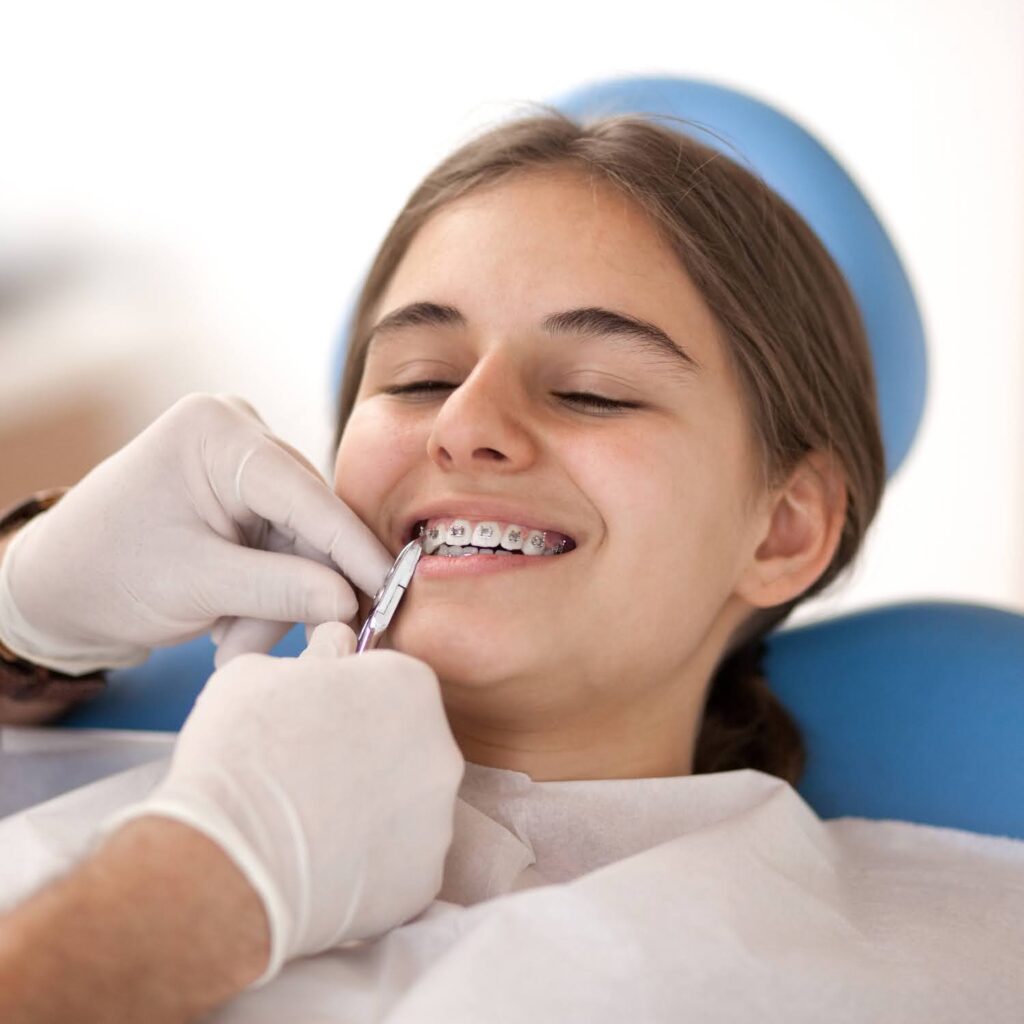
Fact: Adults Can Benefit from Braces Too
Many people believe that braces are only for children and teenagers, but adults can benefit from them as well. Orthodontic treatments are available for people of all ages to correct misaligned teeth and improve oral health.
With modern advancements like clear aligners, adults now have discreet options for straightening their teeth. A properly aligned bite reduces the risk of cavities, gum disease, and jaw pain, making braces a worthwhile investment at any age.
Frequently Asked Questions (FAQs)
Q.1. Does brushing harder make my teeth cleaner?
A.1. No, brushing too hard can damage your enamel and gums. Use a soft-bristled brush with gentle circular motions for better results.
Q.2. Is sugar the only cause of cavities?
A.2. No, cavities form when bacteria break down sugar and produce acid. Poor oral hygiene and acid buildup contribute to tooth decay.
Q.3. Can I skip flossing if I brush well?
A.3. No, flossing removes plaque and bacteria from between your teeth, preventing cavities and gum disease.
Q.4. Are baby teeth important even though they fall out?
A.4. Yes, they help with chewing, speech, and guiding permanent teeth into place. Neglecting them can cause long-term dental issues.
Q.5. Is professional teeth whitening harmful?
A.5. No, professional whitening is safe when done correctly. Overuse of whitening products can cause sensitivity, but it does not weaken enamel.
Conclusion
There are many myths about dental care, but believing in them can do more harm than good. By separating fact from fiction, you can make better choices for your oral health. Brushing, flossing, regular dental checkups, and a healthy diet are key to maintaining a strong and bright smile.
If you’ve believed any of these myths, now is the time to change your habits. Share this blog with friends and family to help bust these common dental misconceptions!
For expert dental care tailored to your needs, reach out to us at (267) 908-4867 or visit our website at https://premierperiodonticspa.com/contact-us/. Your smile matters to us, and we are dedicated to providing top-quality care and guidance for a stress-free dental experience. Let us help you maintain a healthy, radiant smile with professional and personalized treatment.




